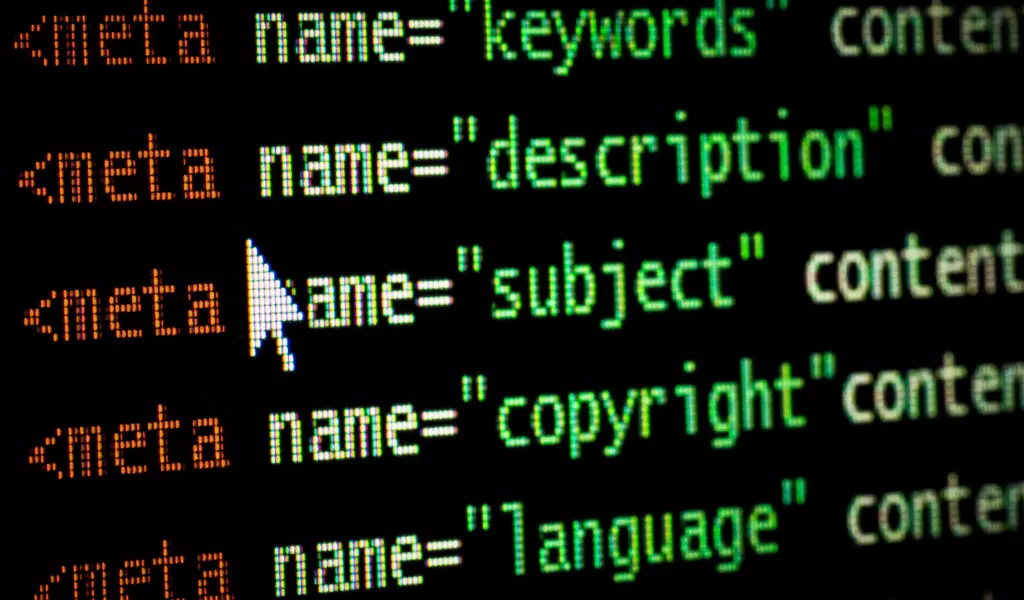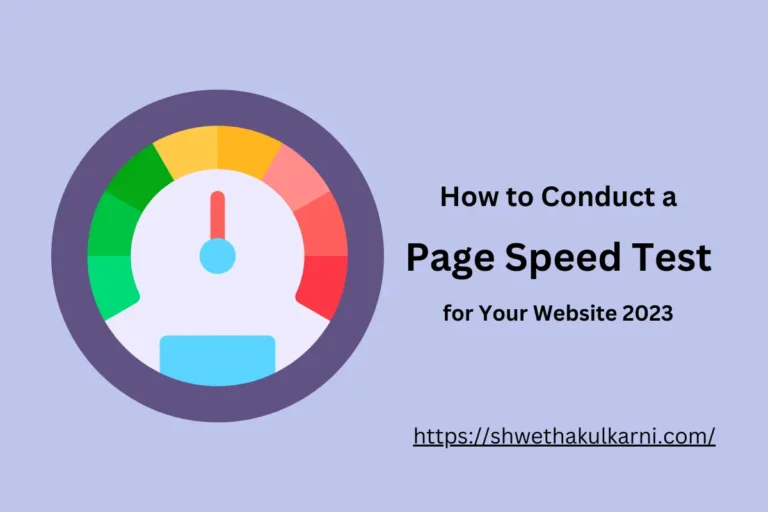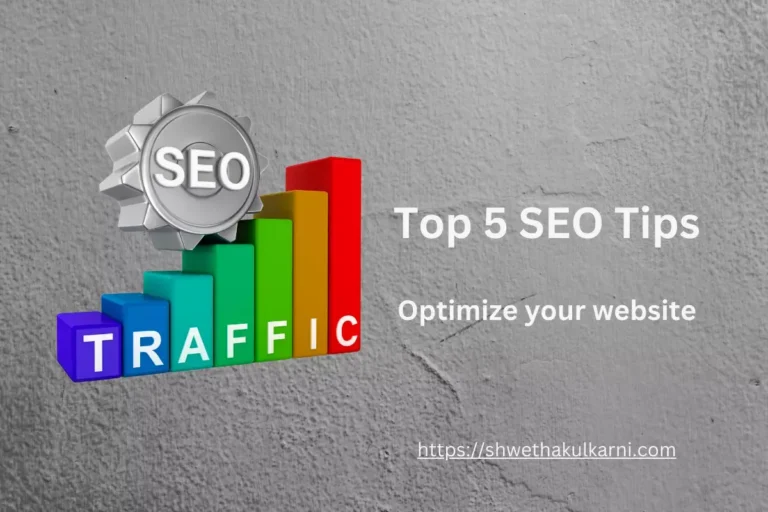Meta tags are HTML code that provide information about a webpage to search engines and website visitors.
These tags are placed in the head section of a webpage’s HTML code and do not affect the appearance of the webpage.
Meta tags can be optimized to improve a webpage’s search engine ranking and attract more visitors to the website.

Types of Meta Tags
There are several types of meta tags, but the most important ones are:
1. Title Tag
The title tag is the most important meta tag. It appears in the search engine results pages (SERPs) as the clickable headline for a webpage. The title tag should accurately describe the content of the webpage and contain relevant keywords.
2. Description Tag
The description tag provides a brief summary of the webpage’s content. It also appears in the SERPs, below the title tag. The description tag should be compelling and contain relevant keywords to attract clicks from users.
3. Keyword Tag
The keyword tag used to be important for SEO, but it is no longer considered a ranking factor by search engines. It is still a good practice to include relevant keywords in the tag for the benefit of website visitors.
4. Robots Tag
The robots tag is used to instruct search engine crawlers how to treat a webpage. The two most common values for the robots tag are “index” and “noindex”. The “index” value tells search engines to include the webpage in their index, while the “noindex” value tells them not to index the page.
How to Optimize Meta Tags
Optimizing meta tags can help improve a webpage’s search engine ranking and attract more visitors to the website. Here are some tips for optimizing meta tags:
1. Do Keyword Research
Keyword research is the process of identifying the words and phrases that people use to search for information related to a webpage’s content. Use tools like Google Keyword Planner or Ahrefs to find relevant keywords with high search volume and low competition.
2. Write Compelling Title and Description Tags
Write title and description tags that accurately describe the content of the webpage and include relevant keywords. Use action words, numbers, and emotional triggers to make the tags more compelling and attract clicks from users.
3. Keep Title and Description Tags Within Character Limits
Title tags should be no longer than 60 characters and description tags should be no longer than 160 characters. This is because search engines usually display only up to 60 characters for the title tag and up to 160 characters for the description tag in the SERPs.
4. Use Unique Title and Description Tags for Each Page
Each webpage should have unique title and description tags to avoid duplicate content issues and confusion for search engine crawlers and users.
5. Use the Robots Tag Wisely
Use the robots tag to instruct search engine crawlers how to treat a webpage. For example, use “index, follow” for pages that should be included in the search engine index and followed by crawlers, and use “noindex, nofollow” for pages that should not be indexed or followed.
6. Use Structured Data Markup
Structured data markup is a way of adding extra information to a webpage’s HTML code to help search engines understand the content of the page. Use structured data markup to provide additional information such as product prices, reviews, and ratings to help improve search engine visibility and attract more visitors to the website.
FAQs
Here are some frequently asked questions about meta tags and their optimization:
What are meta tags?
Meta tags are HTML snippets that provide information about a web page to search engines and website visitors.
Why are meta tags important for SEO?
Meta tags are important for SEO because they provide search engines with essential information about your website’s content, which can improve your website’s visibility in the SERPs.
How do I optimize my meta tags for SEO?
To optimize your meta tags for SEO, use a unique and descriptive meta title, keep the meta title under 60 characters, include relevant keywords in the meta title and description, ensure that the meta tags accurately reflect the content of the page, and use a different meta title and meta description for each page.
What is the ideal length for a meta description?
The ideal length for a meta description is 155 characters or less to avoid truncation in the search results.
What are meta keywords?
Meta keywords are a type of meta tag that includes a list of keywords relevant to the content of a web page.
Is it necessary to use meta keywords?
While meta keywords are not as important as they once were, it is still essential to use relevant and specific keywords in your meta tags.
Conclusion
Meta tags are important for optimizing a webpage’s search engine ranking and attracting more visitors to the website. Use relevant keywords in the title and description tags, keep them within character limits, use unique tags for each page, use the robots tag wisely, and use structured data markup to improve search engine visibility. By following these tips, you can optimize your meta tags and improve your website’s performance in search engine results pages.
To know more click here!







